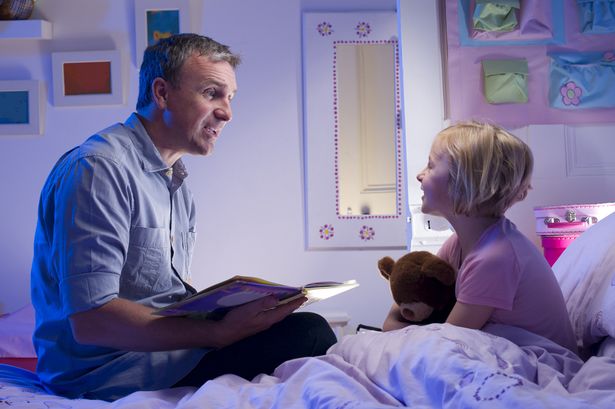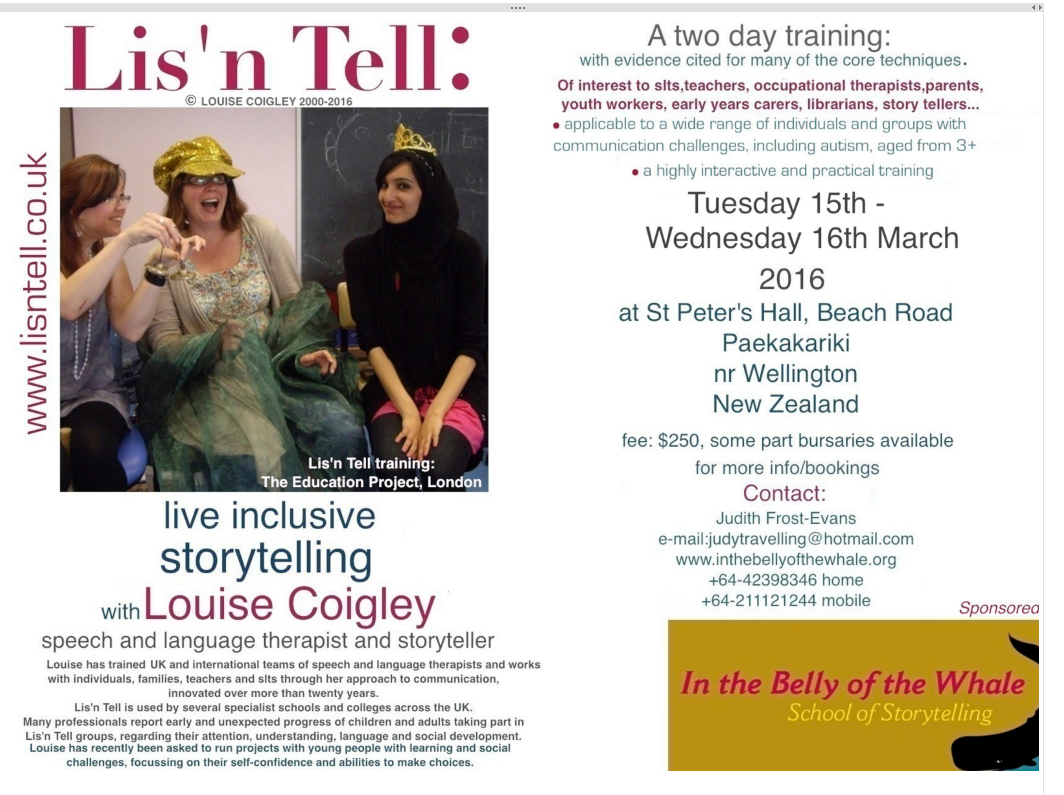Louise shared some research findings with us to emphasise the importance of storytelling to children. Stories, she reminded us, serve to give children a sense of time, a sense of the rhythm of life, and a view into other people’s worlds and perspectives.
And it got me thinking, I keep reading new research findings and anecdotal observations of teachers and parents that children entering school in the last 5 years in Christchurch have seemingly new struggles with behavioural expectations for school. I wondered, have they simply not heard enough stories? Did we stop reading bedtime stories after the earthquakes? Did bedtime become a time so fraught with anxiety and exhaustion (from both the children and the parents) that we started to do it less often, or maybe we stopped doing it altogether?
Where ever we live in the world, storytelling remains the most heartfelt and important form of communication. All of us tell stories. The story of your day, the story of your life, workplace gossip, the horrors on the news. Our brains are hard-wired to think and express in terms of a beginning, middle and end. It's how we understand the world.
Sharing stories is the oldest form of teaching. It held early human communities together, giving children the answers to the biggest questions of the way the world works. Stories define us, shape us, control us, and make us. Not every human culture in the world is literate, but every single culture uses stories to connect and share.
What are the stories that our children are hearing? Since the earthquake on Valentine’s Day in Christchurch they’ve been hearing some familiar ones, as I’m sure you have too. They’re also bombarded with stories in the media. These stories are most often unpleasant and they rarely have happy endings. Perhaps the anecdote to this is a bedtime story, the few minutes of connection that calms the worried mind in preparation for rest.


 RSS Feed
RSS Feed